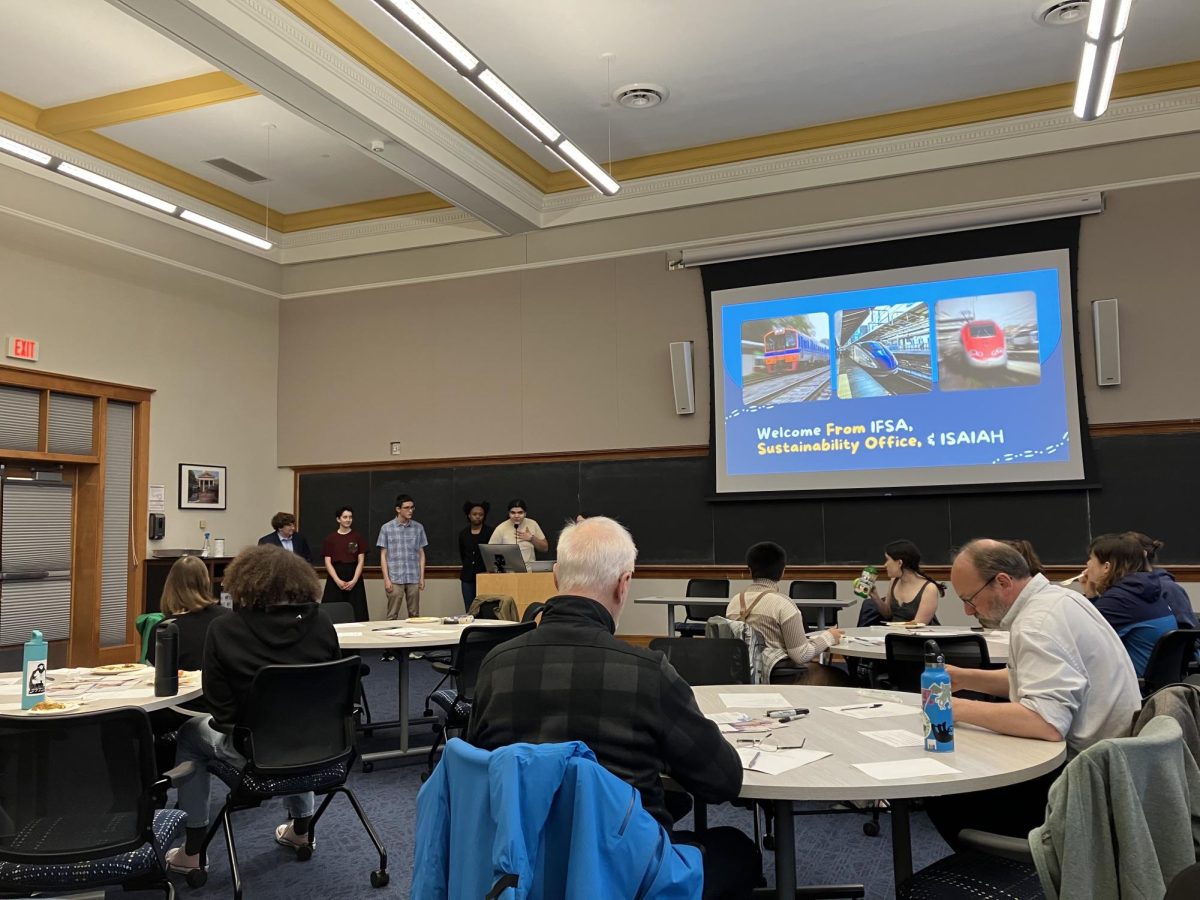January 15 marked the final deadline for applications to Carleton’s Class of 2025. Like other selective institutions, Carleton saw an increase in applications during this admissions cycle—up 14.4 percent compared to last year.
According to Inside Higher Ed, while many colleges and universities saw a decrease in applications this year, selective private schools like Carleton have seen a collective increase. This may be a result of pandemic-driven test-optional policies as well as students applying to more colleges on average.
The pandemic has impacted Carleton admissions in a variety of ways. Art Rodriguez ’96, who began as Carleton’s Vice President and Dean of Admissions and Financial Aid in 2019, foregrounded the difficulties associated with prospective students not being allowed to visit campus.
“Students get excited about Carleton because they can see it firsthand,” Rodriguez said. “The other thing that really matters to us is being true to who we are—even if we can’t have visitors on campus—meaning that we want students to still choose Carleton because they can see that Carleton is a good fit for them.”
To provide prospective students with adequate insights about Carleton, the admissions office offered a greater range of activities this year, including virtual panels themed around different academic disciplines or student interests, and information sessions focusing specifically on diversity and access.
Rodriguez noted that adopting a one-year test-optional policy was probably the biggest change the admissions office implemented due to COVID-19. This means that students were not required to submit ACT or SAT scores, though they still had the option to do so. The cancellation of many ACT and SAT tests due to COVID-19 pushed many colleges to go test-optional this year.
“I think the test-optional policy says something to students that colleges are recognizing there are significant challenges being placed on them at this point in time,” said Rodriguez. “Normal day-to-day in-person classes have now changed for most districts across the country, and we want students to be able to focus their energies on their classes and know test scores are not going to be seen as a ‘make or break’ factor in our decision-making process,” Rodriguez said.
Rodriguez noted that the test-optional policy has pros and cons. “A con that has come up in conversations across other institutions is, do we not have data that might help us understand students’ success long term? There are concerns in some institutions that not having test scores may not give them the confidence to admit somebody because there are unknowns about their ability to be successful,” he said.
Proponents of permanent test-optional policies may argue that it helps colleges recruit a more diverse student body, pointing out that it increases the racial and economic diversity of the applicant pool and decreases the emphasis placed on tests for which race and income have repeatedly been shown to be strong predictors of scores.
However, Jeff Snyder, chair of Carleton’s Educational Studies Department, who teaches an Argument and Inquiry seminar on standardized testing, de-bunked the myth of the test-optional policy being a ‘win’ for social justice.
Snyder wrote in an op-ed for Inside Higher Ed that “the assumption that scrapping these tests will open the doors of educational opportunity for deserving, disadvantaged students is alluring—but it’s a feel-good mirage, wishful thinking of the highest order that ignores the real gaps in the academic preparation of the haves and have-nots as well as the power of wealth to capitalize on virtually every dimension of the admissions process.”
“We need to think less about test bias and more about the structure biases embedded in society at large,” he wrote. “College admissions tests largely register rather than create socioeconomic and racial disparities.”
Snyder is all for rethinking the role that testing plays in college admissions, however. He told the Carletonian, “There is a case to be made that standardized tests represent the worst elements of a competitive, high-stress admissions process; contribute to potentially damaging perceptions that intelligence and aptitude are fixed quantities; and debase the meaning and value of ‘real’ education, especially in the liberal arts where learning is meant to be dynamic, creative, humanistic, interdisciplinary and deep.”
According to Rodriguez, staff in the Carleton admissions office deliberate on all of these issues. “The question of ‘What value do test scores provide?’ is a good debate for us to have, I think, to reconsider our practices and decide: What policies do we want to carry forward that make sense for us [and] ensure a broad and diverse set of students apply but also lead to students’ success on campus once they arrive?” he said.
“We want students to thrive, and we need to understand what data helps us determine that,” Rodriguez continued. “Are test scores a part of that paradigm anymore, or not? I think that this year will give us an opportunity to understand that.”
“I think that typically policies around admissions tend to take time to change. But the pandemic has pushed us to think about our flexibility,” Rodriguez said. Faculty, students and staff of the Admissions and Financial Aid Committee will decide on Carleton’s testing policy—and other admissions policies—going forward.











